Mišković arrest: Anti-Corruption sweep starts in earnest
Thursday, 13.12.2012.
19:27

Miskovic arrest: Anti-Corruption sweep starts in earnest For all that time the politicians (many of them directly connected with big capitalists through interest or finances) had been repeating ritually that they were determined to tackle the systemic corruption and the economic crime. However, all of that, with some minor exceptions, remained just talk. Until Wednesday, when the current government made the most radical move so far regarding the issue and arrested the most powerful and most influential local tycoon, the owner of Delta Holding Miroslav Miskovic. The fact that the investigation of some parts of Miskovic’s wide-spread business operations started during the mandate of the previous government (although it is a question how enthusiastically they did it) eliminates in advance possible objections that there are any political motives behind this move of the authorities, as it is implicated in the first reports of some Western media outlets. The fact that this move will inevitably have political consequences is yet another issue. From that point of view, the arrest of Miskovic – on the assumption that the charges against him are well grounded as they seem to be – is a huge political and moral gain primarily for the Serbian Progressive Party (SNS) as the biggest party-member of the governing coalition. The SNS is now proven to be a party that is determined to truly tackle the organized crime and corruption, the party that does not make empty promises. On the individual plan, that gain is even bigger for the party leader and the First Deputy Prime Minister Aleksandar Vucic, who – in addition to several other offices he performs – has taken the fight against the high corruption as a personal mission. Whatever the course of the further events will be, Vucic is going to be remembered as the one who has done something nobody else has ever dared to: he has arrested Miskovic, who in Serbia is the symbol of wealth gained through fishy business transactions and political connections. The Prime Minister and the Minister of Interior indeed is the leader of the Socialist Party of Serbia (SPS) Ivica Dacic, but the perception of the public from the beginning is that the issue is Vucic vs. Miskovic battle as well as that for time being Vucic is winning it. It is yet to be seen how Vucic and the SNS will politically capitalize this breakthrough in the fight against corruption. It could depend on whether the further investigation against Miskovic and other arrestees would perhaps lead to some individuals from the other two party-members of the governing coalition – Dacic’s Socialist Party of Serbia (SPS) and the United Regions of Serbia (URS) led by the Minister of Finance and Economy Mladjan Dinkic. Although it is too early to speak about it, such turn of events could give a reason and justification to the SNS to provoke early elections at a point of time. And the SNS would certainly win at the elections more convincingly that it was the case in May this year. An additional encouragement to the SNS to make such a manoeuvre could be the decision of the EU, which highly likely would be made in summer of 2013, to set the date for the beginning of the accession talks with Serbia. With Miskovic in court, or perhaps in jail, and a confirmation on the date for the beginning of the accession talks, the SNS might assessed that the time is perfect for the party to run in the elections. But, it is not time right now for such speculations. The other direct effect of the arrest of Miskovic is connected to the very relations between Serbia and the EU, since the anti-corruptionfight is one of the key conditions Brussels set to Belgrade. The European Commission demanded from Serbia to investigate 24 disputable cases of privatization, but it is obvious that there are much more cases that need to be subjected to a through investigation. The fact that the current government started it with the most powerful figure in Serbia’s business demonstrated to Brussels that the authorities in Serbia has taken it seriously. Miskovic’s wealth, influence and odium he incurred in public will certainly have an effect on that a single party will not take his side now, because it will look like as an indirect recognition of an interest-related connection with him. However, no party can say now that it could not care less because of the arrest, because Miskovic, just like other big businessmen in Serbia have been doing, over the years co-financed (willingly, or not) most of – if not all of – the major parties. Other tycoons cannot say that they could not care less either, because they – now when the most powerful of them is arrested – realize that no one can count on political protection any longer as well as that their business operations over the previous years will be investigated thoroughly too. The reasoning of an average citizen tells them that the big businessmen do not have a reason to be nervous, if they do not have anything to hide, but it is not unthinkable that some of them will take precautions – to leave the country for a while, for example. Finally, at this moment it is hard to say what economic implications of the arrest of Miskovic could be. Anyways, all companies within the Delta Holding system will be put to the test now, because they have to demonstrate their ability to survive on the market in the situation when the influential boss cannot perform the influence any longer. It will show then to what extent Miskovic’s company is based on healthy economic foundations as well as how much of its success is the result of Miskovic’s political connections and financial manipulations. Miroslav Miskovic (FoNet, file) VIP Impoverished and disappointed with living in post-Milosevic, transitional Serbia, its citizens have been watching for years how a small circle of businessmen gained huge riches, spread their influence to almost all relevant political parties and even – if one believe what is said after each and every elections – directly affected what parties would form the government. "Miskovic’s wealth, influence and odium he incurred in public will certainly have an effect on that a single party will not take his side now, because it will look like as an indirect recognition of an interest-related connection with him."
Mišković arrest: Anti-Corruption sweep starts in earnest
For all that time the politicians (many of them directly connected with big capitalists through interest or finances) had been repeating ritually that they were determined to tackle the systemic corruption and the economic crime. However, all of that, with some minor exceptions, remained just talk.Until Wednesday, when the current government made the most radical move so far regarding the issue and arrested the most powerful and most influential local tycoon, the owner of Delta Holding Miroslav Mišković.
The fact that the investigation of some parts of Mišković’s wide-spread business operations started during the mandate of the previous government (although it is a question how enthusiastically they did it) eliminates in advance possible objections that there are any political motives behind this move of the authorities, as it is implicated in the first reports of some Western media outlets. The fact that this move will inevitably have political consequences is yet another issue.
From that point of view, the arrest of Mišković – on the assumption that the charges against him are well grounded as they seem to be – is a huge political and moral gain primarily for the Serbian Progressive Party (SNS) as the biggest party-member of the governing coalition. The SNS is now proven to be a party that is determined to truly tackle the organized crime and corruption, the party that does not make empty promises.
On the individual plan, that gain is even bigger for the party leader and the First Deputy Prime Minister Aleksandar Vučić, who – in addition to several other offices he performs – has taken the fight against the high corruption as a personal mission. Whatever the course of the further events will be, Vučić is going to be remembered as the one who has done something nobody else has ever dared to: he has arrested Mišković, who in Serbia is the symbol of wealth gained through fishy business transactions and political connections.
The Prime Minister and the Minister of Interior indeed is the leader of the Socialist Party of Serbia (SPS) Ivica Dačić, but the perception of the public from the beginning is that the issue is Vučić vs. Mišković battle as well as that for time being Vučić is winning it. It is yet to be seen how Vučić and the SNS will politically capitalize this breakthrough in the fight against corruption.
It could depend on whether the further investigation against Mišković and other arrestees would perhaps lead to some individuals from the other two party-members of the governing coalition – Dačić’s Socialist Party of Serbia (SPS) and the United Regions of Serbia (URS) led by the Minister of Finance and Economy Mlađan Dinkić. Although it is too early to speak about it, such turn of events could give a reason and justification to the SNS to provoke early elections at a point of time.
And the SNS would certainly win at the elections more convincingly that it was the case in May this year. An additional encouragement to the SNS to make such a manoeuvre could be the decision of the EU, which highly likely would be made in summer of 2013, to set the date for the beginning of the accession talks with Serbia. With Mišković in court, or perhaps in jail, and a confirmation on the date for the beginning of the accession talks, the SNS might assessed that the time is perfect for the party to run in the elections. But, it is not time right now for such speculations.
The other direct effect of the arrest of Mišković is connected to the very relations between Serbia and the EU, since the anti-corruptionfight is one of the key conditions Brussels set to Belgrade. The European Commission demanded from Serbia to investigate 24 disputable cases of privatization, but it is obvious that there are much more cases that need to be subjected to a through investigation. The fact that the current government started it with the most powerful figure in Serbia’s business demonstrated to Brussels that the authorities in Serbia has taken it seriously.
Mišković’s wealth, influence and odium he incurred in public will certainly have an effect on that a single party will not take his side now, because it will look like as an indirect recognition of an interest-related connection with him. However, no party can say now that it could not care less because of the arrest, because Mišković, just like other big businessmen in Serbia have been doing, over the years co-financed (willingly, or not) most of – if not all of – the major parties.
Other tycoons cannot say that they could not care less either, because they – now when the most powerful of them is arrested – realize that no one can count on political protection any longer as well as that their business operations over the previous years will be investigated thoroughly too. The reasoning of an average citizen tells them that the big businessmen do not have a reason to be nervous, if they do not have anything to hide, but it is not unthinkable that some of them will take precautions – to leave the country for a while, for example.
Finally, at this moment it is hard to say what economic implications of the arrest of Mišković could be. Anyways, all companies within the Delta Holding system will be put to the test now, because they have to demonstrate their ability to survive on the market in the situation when the influential boss cannot perform the influence any longer. It will show then to what extent Mišković’s company is based on healthy economic foundations as well as how much of its success is the result of Mišković’s political connections and financial manipulations.






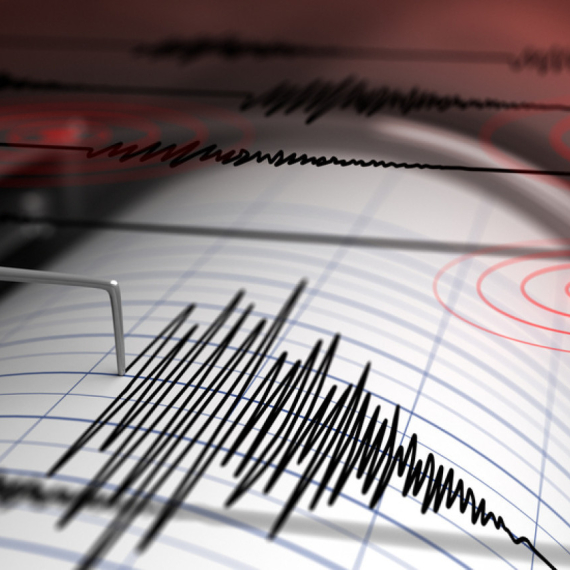



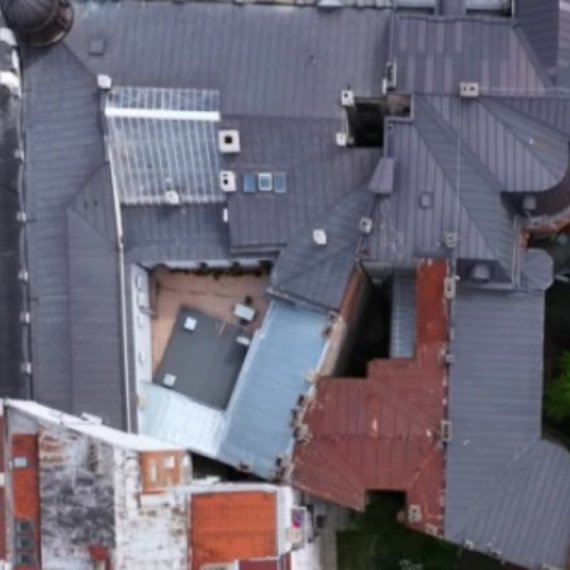
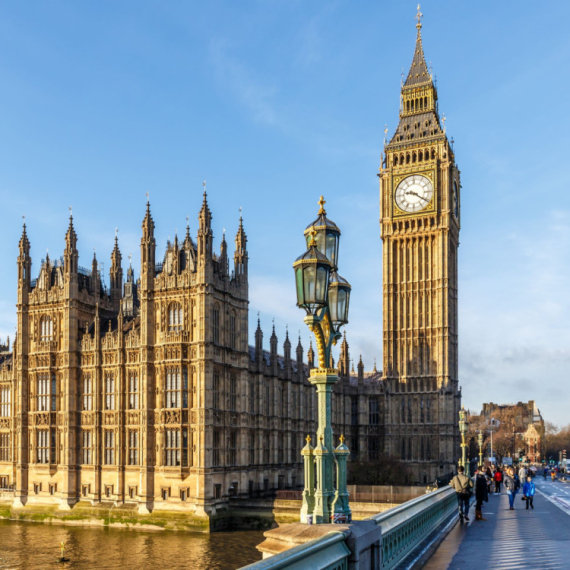
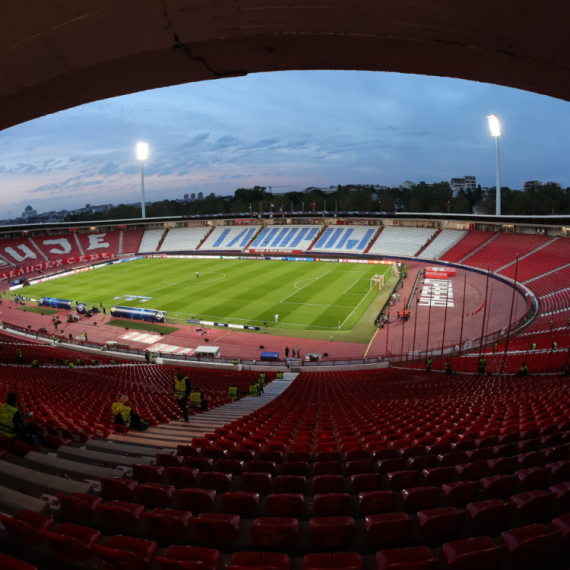
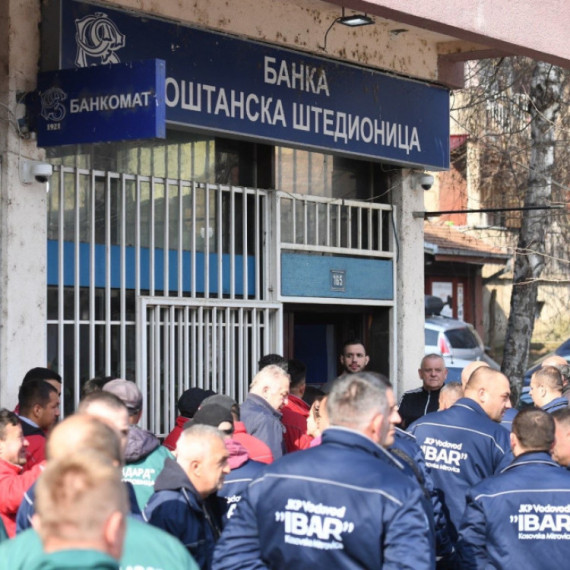
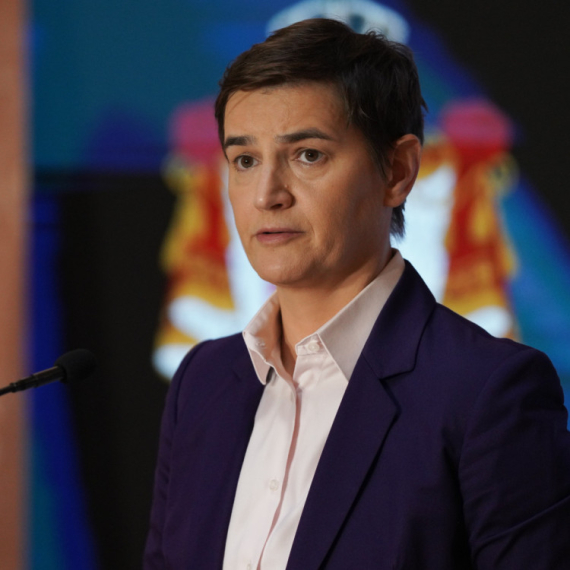
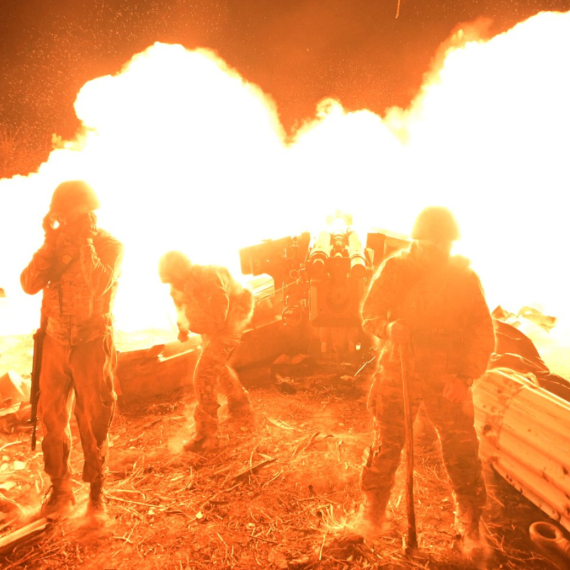


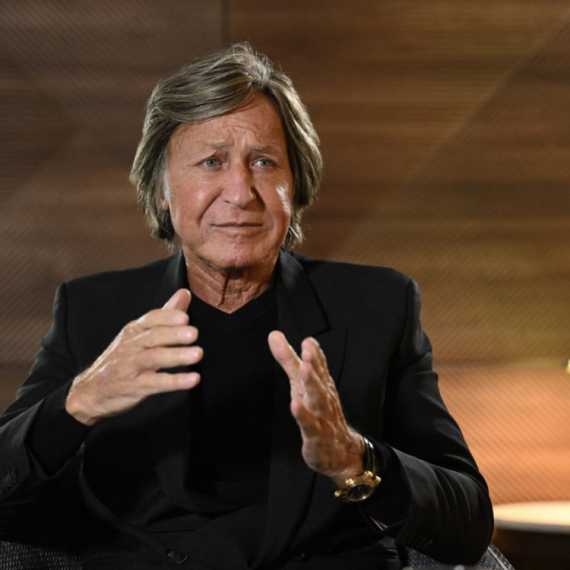
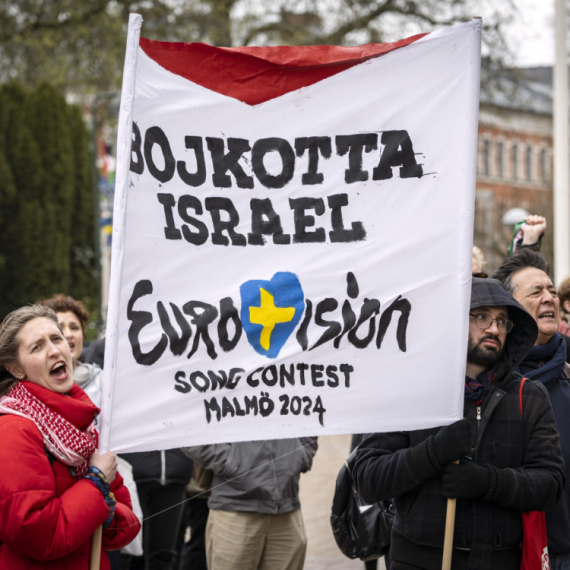







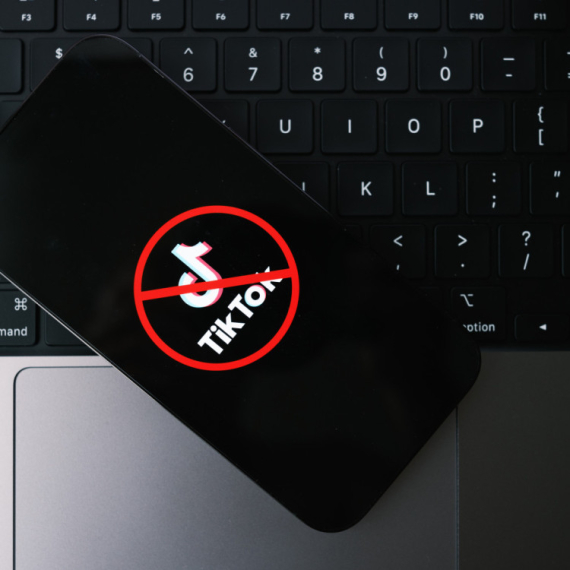



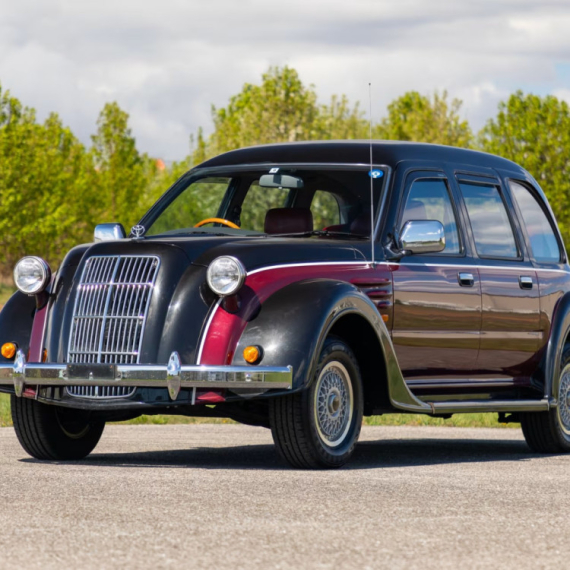


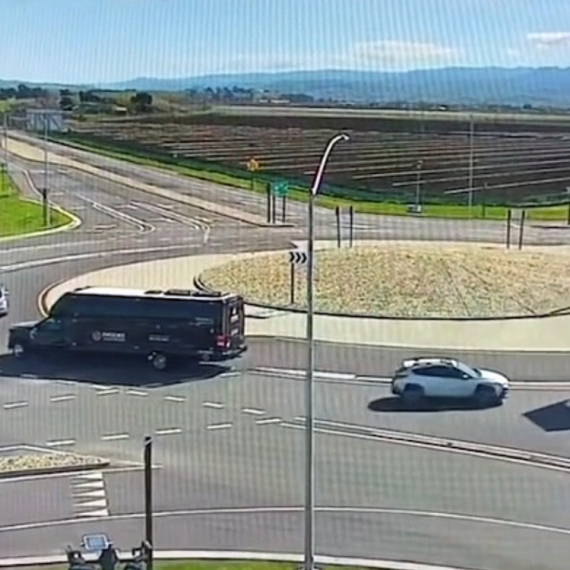






Komentari 7
Pogledaj komentare